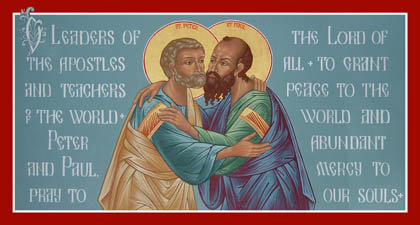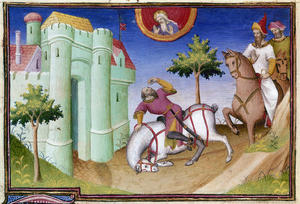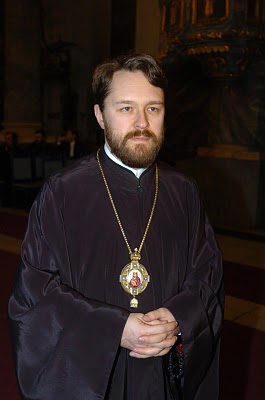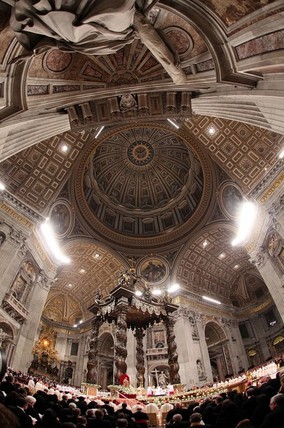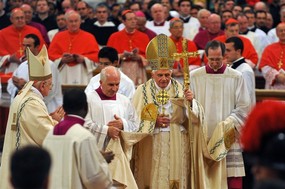The 2021 Week of Prayer for Christian Unity theme is “Abide in My Love…You Shall Bear Much Fruit.” It was discerned by the Monastic Community of Grandchamp in Switzerland and finds its origins in the Gospel of John (cf. John 15:5-9).
The Week of Prayer is January 18-25.
“Jesus gave his life for all out of his love for all,” said Fr. James Loughran, SA, Director of Graymoor Ecumenical & Interreligious Institute (GEII). “To abide in his love reminds us that we live in a community celebrating our gift of unity.”
Several years ago now, Pope Benedict XVI reminded the Melkite Synod of Bishops that part of their work and education is to work for Christian Unity. This was also a theme of Benedict’s papacy and one that we ought to keep going in a substantial way by personal and ecclesial prayer, working for reconciliation and unity in the church, the human family and the whole of creation.
The committee who formed the theme said they “desired to share the experience and wisdom of their contemplative life abiding in the love of God and keeping his commandment of ‘loving one another as He has loved us.’ They remind Christians worldwide about the importance of praying for the fruits of closer communion with our brothers and sisters in Christ and greater solidarity with the whole of creation.”
More information can be found at the Graymoor Ecumenical and Inter-religious Institute.
The traditional period for the Week of Prayer for Christian Unity is January 18-25. It was the Servant of God Father Paul Wattson, SA, founder of the Society of the Atonement, who initiated observance of the first “Church Unity Octave” in 1908, to cover the original days of the feasts of the Chair of St. Peter (Jan. 18) and the Conversion of St. Paul (Jan. 25).
